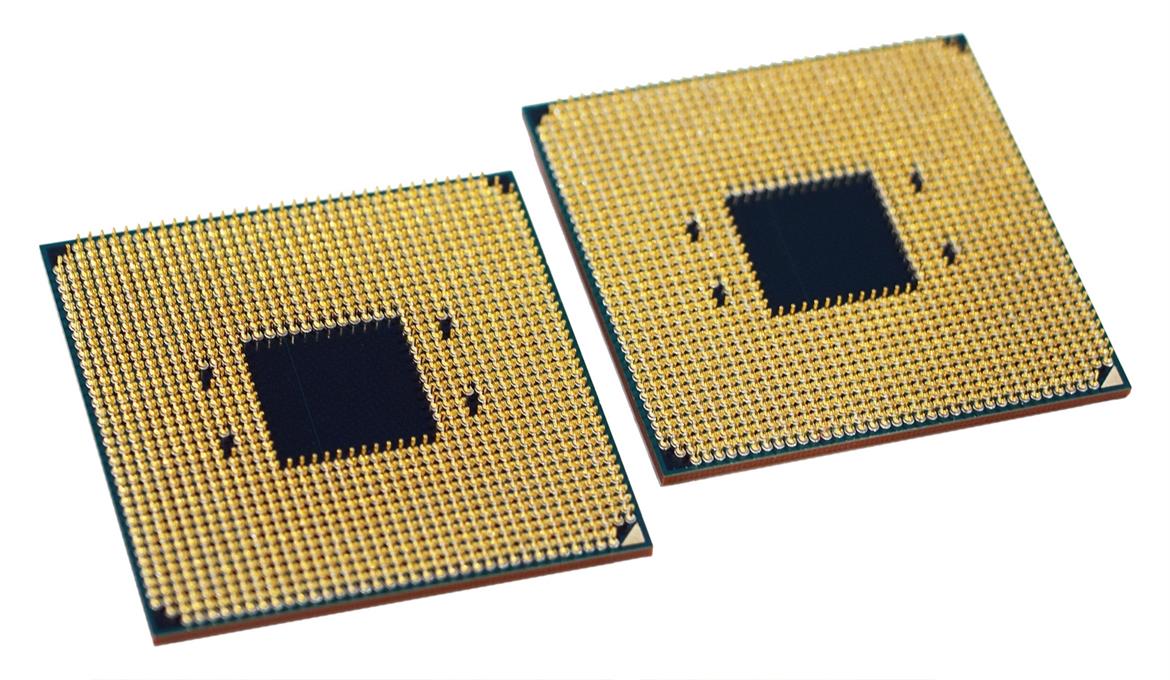PowerGPU presented figures indicating that there was a problem with 16% Ryzen 9 5950X, 8% Ryzen 9 5900X, 4% Ryzen 7 5800X and 2.5% Ryzen 5 5600X:
The author abbreviates DOA (Dead On Arrival), but it is clear from the following text that the processors were not “dead” in the sense of completely non-functional, but rather highly unstable. He also mentioned the high complaints about the boards with the X570 and B550 chipsets. According to Korean leaker harukaze5719, complaints about the record situation have recently begun to appear in Korea.
Let’s start with the processors. There are not many ways to verify the situation. Already on Twitter, the argument of the user T Rock (@Tarocknet) was that with the complaint, which would reach up to 20%, the sales of 5,000 Ryzens would have to end up in the hands of customers in the hands of about 200,000 defective processors and this amount would have to talk about the problem. much earlier than 3.5 months after release. According to Nitin Kumar (@ NKD11), similar problems have occurred with beta-BIOSes of one motherboard manufacturer, but the final version does not report them.
However, it is an opinion against an opinion. To assess the situation, it is necessary to look for other indications: For products that suffered from high complaints, this fact was usually reflected in user reviews on the Amazon website. On the Ryzen 9 5950X page, it can be found that 87% of users have given the processor a full five-star rating. Of all the user comments, only two say that the processor did not work (or did not work stably). Most of the negative contributions concern the increase in prices and the so-called scalping at the end of the year. When we open the Core i9-10900K processor page for comparison, we also find 87% five-star ratings. The faulty processor makes one comment, and most of the remaining negative reviews complain about the delivery of an unpacked or used processor.
At least from the user ratings on Amazon, it does not seem that the complaint of the Ryzen 9 5950X (a model which, according to PowerGPU, reaches 16% of the complaint) is somehow out of line.
In connection with Amazon, we can mention the “case” that the Western media mentioned at the beginning of the year. The processors were to be sent by the seller in soft envelopes, the carrier did not handle them very gently, the packages came to customers completely crushed and the processors with bent pins. This fact could increase the statistics of complaints at this seller, it could also be considered possible problems caused by such affected pieces (poor contact with straight pins or due to the release of the pin inside the housing). An independent assembly manufacturer that (I assume) does not buy on Amazon should not be affected. Unless the supplier packs the processors in a similar way.
The second thing is motherboards. On the one hand, one could find a hypothetical connection between the boards with the X570 and Ryzena 5000 chipsets, which is the same 12nm IO chip manufactured by GlobalFoundries. However, it would be too abbreviated, as the reports also talk about boards with the B550 chipset, which have nothing to do with the 12nm IO chip: The chipset was designed by another entity (ASMedia) and is manufactured on other lines. In addition, the 12nm IO chip has been used since 2019 (i Zen 2) and there have been no complaints against him so far. The problem is probably elsewhere.
Unfortunately, PowerGPU does not state on which boards the assemblies it produces or which versions of the BIOS it uses, so the above-mentioned possibility that this is the result of a BIOS problem cannot be ruled out or confirmed. The second option, given that the problem should only have arisen now, in the case of really defective chips, could outline that the factory that encapsulates and tests the chips has recently been hit by a problem, as a result of which the chips that they should not have gone through them.
Finally, the fact that the author of Tweet, PowerGPU, eventually deleted it is also worth noting.
Where the truth is, time will probably show.
Update: AMD intervened and asked PowerGPU for allegedly faulty processors and boards that it was interested in testing.
–


![[이슈시개]Another Hanbok… 50,000 likes for’Korean insults’ Chinese paintings [이슈시개]Another Hanbok… 50,000 likes for’Korean insults’ Chinese paintings](https://file2.nocutnews.co.kr/newsroom/image/2021/02/16/202102161652535004_6.jpg)